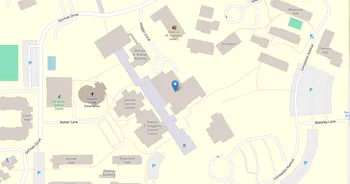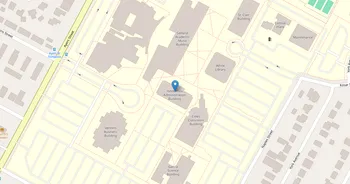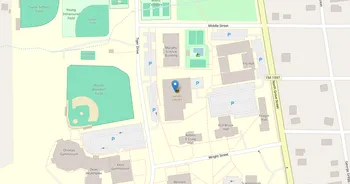Dallas Institute of Funeral Service (DIFS) : Overview, Courses, Scholarships & Rankings
About Dallas Institute of Funeral Service
Few fields ask you to mix steady hands with a steady heart. Dallas Institute of Funeral Service is known for a focused education that blends applied science, care for families, communication, and practical business know-how. Students learn in hands-on labs and simulated settings alongside quiet study spaces and a resource-rich library. Support services, from advising to tutoring, help keep the work precise and humane.
The campus culture feels close and professional, with classmates who look out for each other and take dignity seriously. Student-led activities, service projects, and visiting practitioners add real-world texture. Career preparation leans into practice, mentorship, and ties with area providers, so graduates step in ready. And the wider Dallas community offers cultural diversity, faith traditions, green space, and a big-city network. The school has a reputation for reflective moments that honor remembrance and service.
Key Institutional Details
Contact & Profile
Academic & Institutional
Academic Programs & Fields of Study
Dallas Institute of Funeral Service (DIFS) offers 1 degree programs across 1 major academic fields, graduating approximately 168 students annually. The most popular fields by graduate volume are Personal Services (1 programs, 168 graduates). Explore program details, award levels, and graduate demographics below.
Personal Services (1 programs, 168 graduates)
Hospitality Management, Culinary Arts and Personal Care
| Program Name | Graduates | Gender Distribution | Award Levels | CIP Code |
|---|---|---|---|---|
| Funeral Service and Mortuary Science | 168 |
|
Certificate (1-2 yrs)
Associate's
|
12.0301 |
Tuition, Fees & Estimated Costs
Overview of tuition rates, housing, and other annual education expenses for undergraduate and graduate students
Financial Aid & Student Support
Summary of scholarships, grants, student loans, and financial aid statistics for undergraduate students
Student Success Metrics
Graduation rates and post-graduation earnings to help assess student outcomes and long-term value of education.
Loan Burden & Repayment Outcomes
Breakdown of loan repayment rates and student debt levels by income and dependency status.
Frequently Asked Questions
Find answers to the most common questions about Dallas Institute of Funeral Service (DIFS)
How much does it cost to attend Dallas Institute of Funeral Service (DIFS)?
The annual tuition at Dallas Institute of Funeral Service (DIFS) is $13,494 for in-state students. When including room and board, books, and other expenses, the total estimated cost is approximately $13,494 for in-state students. Additional costs include room and board $11,817 (off-campus) .
Data based on IPEDS program completions for 2022-2023 academic year. Tuition and cost estimates are approximate and may not include all fees, personal expenses, or transportation costs.
What academic programs and degree levels does Dallas Institute of Funeral Service offer?
Dallas Institute of Funeral Service (DIFS) offers 1 academic programs across 1 major fields of study, with available degree levels: Certificate (1-2 yrs), Associate's.
Most popular program areas include:
- Hospitality Management, Culinary Arts and Personal Care (1 programs)
Data based on IPEDS program completions for 2023-2024 academic year. Numbers reflect programs where students graduated, not all offered programs.
What financial aid and scholarships are available at Dallas Institute of Funeral Service?
Dallas Institute of Funeral Service (DIFS) provides financial aid to 27% of first-time, full-time students, with average grants of $2,018 and average loans of $2,742.
Average financial aid amounts by type:
- Pell grants: $1,966
- Federal loans: $2,742
The university supports 97 students with grants and 98 students with loans annually.
Data based on IPEDS for 2022-2023 academic year. Financial aid amounts and percentages may vary by program, enrollment status, and individual circumstances.
What is the average salary for Dallas Institute of Funeral Service graduates?
Dallas Institute of Funeral Service (DIFS) graduates earn a median salary of $40,945 after 6 years and $45,866 after 10 years.
The salary range 10 years after graduation spans from $25,018 (25th percentile) to $65,095 (75th percentile), with top earners reaching $67,800 (90th percentile).
Data based on IPEDS for 2022-2023 academic year. Salary data reflects graduates who received federal financial aid (approximately 60% of all graduates). Actual earnings may vary significantly based on program, location, and individual circumstances.
Related Universities




Found something useful? Help others discover it too! Share with friends, on social media, or save for later - every share helps someone find the information they need.